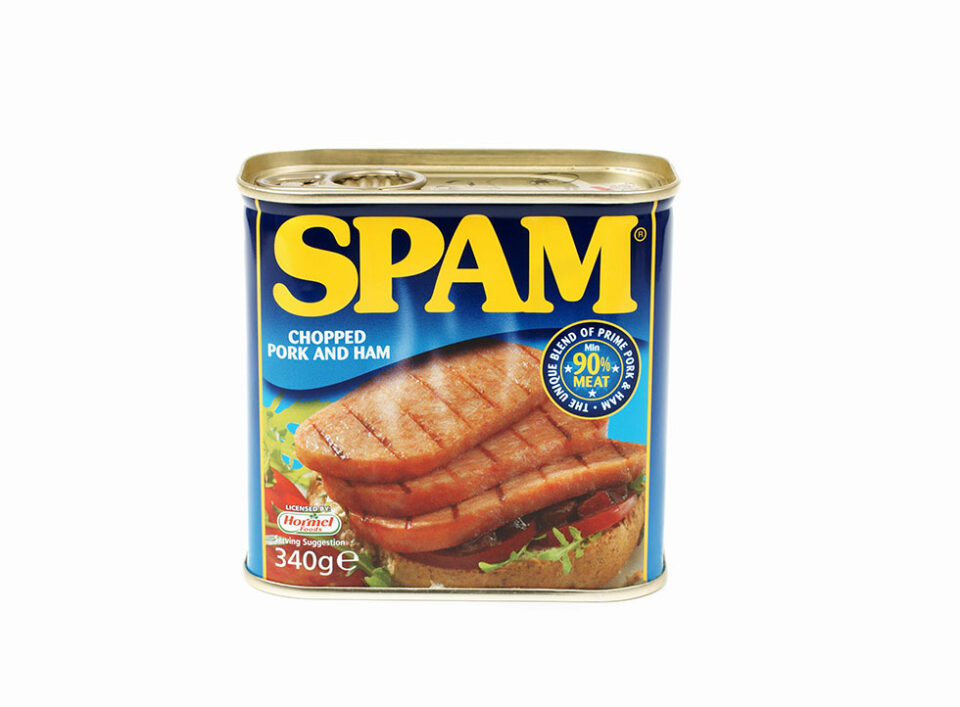Table of Contents
A question we are often asked from small business owners managing their own SEO strategy is whether links from spammy sites hurt your own website?
The quick answer to this question which anyone involved in building backlinks has likely asked themselves at some point, is ‘absolutely yes, links from spammy sites can hurt your website’.
But, as with most questions, there is some context to take into account and in this case, there are a few things to consider
- Just how ‘spammy’ is the site linking to yours?
- How many links on that ‘spammy’ website are pointing to yours?
- What is the anchor text used for the link to your site?
- How many other ‘spammy’ websites are pointing links at your site and are those sites connected?

What Has Google Said About Spammy Links
Google’s Duy Nguyen of their search quality team recently answered a question about links on spam sites.
The Question: “If a domain gets penalized does it affect the links that are outbound from it?”
Google’s Day Nguyen Replied: “I assume by ‘penalize’ you mean that the domain was demoted by our spam algorithms or manual actions. In general, yes, we don’t trust links from sites we know are spam. This helps us maintain the quality of our anchor signals.”
The key takeaway here is “In general, yes, we don’t trust links from sites we know are spam”.
With 20 years of first hand experience and having never had a client penalty or ranking downgrade we can say that whilst SEO consultants will have known this answer and factored this knowledge into their SEO plans over the years, there are always people who are doing DIY SEO due to a lack of marketing spend and as such they will not have the first hand experience to know better.
What Does This Mean For Someone With Spammy Backlinks?
As we mentioned in the opening of this post, its all about context.
- Just how ‘spammy’ is the site linking to yours?
- How many links on that ‘spammy’ website are pointing to yours?
- What is the anchor text used for the link to your site?
- How many other ‘spammy’ websites are pointing links at your site and are those sites connected?
Q.1 Just how ‘spammy’ is the site linking to yours & How many spammy links are there?
This is were context plays its part as one link from a moderately spammy website is not going to do anything to hurt you.
Google is trying to understand whether you have paid for spammy links, whether you are trying to manipulate the search results, whether you made an honest mistake or even whether you had no part to play in this as backlinks can happen organically and also intentionally from third parties and without your knowledge or involvement.
Whilst this above message isnt in the response from Duy Nguyen of Google’s search quality team it is something most SEO consultants will have come to understand over the course of their careers.
The first takeaway here is that for mild infractions all Google will do is ignore the link to your website.
As such, the harm is limited to the time you wasted getting that link, or the money you paid for it.
The second takeaway here why waste your time and money doing things that are not helping you, when you can spend that time and/or money on things that will help you now and in the long run?
Q.2 What is the anchor text and how many other spammy sites have links to you?
With so many blogs and user generated content, forums and discussions boards on the web it is inevitable that weblinks can be given organically to cite a source, give credit to someone or to offer a link to another resource. However, Google is acutely aware that SEO’s are trying to solicit ranking gains from lnikbuilding. The key to Google’s view is whether those actions help or harm the end user experience.
Excessive use of anchor text using keywords and not your business name, high numbers of highly targeted one-way anchor text backlinks and links from known spammy sites are all clear signs of unnatural anchor text distribution.
In excessive examples of spammy links, were Google thinks you have engaged in a sustained and prolonged effort to manipulate the search results and by doing so, you have degraded the user experience, Google in this instance is more likely to penalise websites.
How Can I avoid Google penalties for spammy links?
The simple answer is dont cut corners and acquire or pay for links from low quality ‘spammy’ websites.
If a link is being offered to you or you are considering accepting a link offer have a look at the website first. Use the MOZ toolbar in the Chrome browser to see what the websites Domain Authority and Spam Scores are.
Check the website offering the link and see if it ranks for any relevant keywords itself? If the site offering the link is highly authoritative and trustworthy and has good search rankings then a link from this site will help, not hurt you.
Be wary of spammy directories and link networks. If there are links with anchor text such as ‘buy viagra’, ‘online casino’, and ‘payday loans’ and the like, stay away as Google will ignore any links from directories with these links on it and the more links you have from sites with those links, the greater the risk you are taking in Google not just ignoring the links to you, but taking action and down-ranking you.
Useful Takeaways
- Write high quality, engaging and original content and be mindful of Googles helpful content system
- If you pay for a link (to cover admin costs) evaluate the site proposing the link and make sure it doesn’t have dodgy links.
- Make sure sites linking to yours have low spam scores (use the free MOZ toolbar for Chrome for this).
- Dont keyword stuff any backlinks and use your business name more frequently than keywords.
- Dont worry about the occasional crap link, Google will ignore the small stuff.

